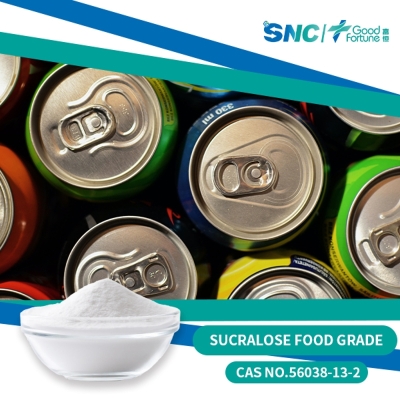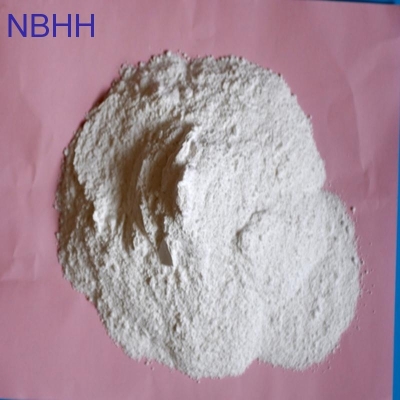-
Categories
-
Pharmaceutical Intermediates
-
Active Pharmaceutical Ingredients
-
Food Additives
- Industrial Coatings
- Agrochemicals
- Dyes and Pigments
- Surfactant
- Flavors and Fragrances
- Chemical Reagents
- Catalyst and Auxiliary
- Natural Products
- Inorganic Chemistry
-
Organic Chemistry
-
Biochemical Engineering
- Analytical Chemistry
-
Cosmetic Ingredient
- Water Treatment Chemical
-
Pharmaceutical Intermediates
Promotion
ECHEMI Mall
Wholesale
Weekly Price
Exhibition
News
-
Trade Service
Originally Answered: Can sugar substitutes affect blood sugar?
For years, scientists believed that aspartame and other so-called non-nutritive sweeteners had no effect on the human body
Gut Responses - A few years ago, a team led by Dr.
gut reaction -
They have now been confirmed in a randomized controlled trial of 120 healthy adults
The researchers reported that each sugar substitute "significantly and significantly" altered fecal and oral microbes, with two of the sweeteners (saccharin and sucralose) significantly affecting sugar tolerance
When the researchers transplanted the human microbiome from feces into germ-free mice, they found a link between the sugar substitute's altered microbiome and the mice's sugar tolerance
The effects of these sweeteners may vary from person to person due to the unique makeup of an individual's microbiome
"We need to raise awareness of the fact that," Elinav said in a press release, "even though it was initially thought that sugar substitutes do affect the human body
How it was measured—several experts commented on the results in a statement from the UK-based nonprofit Science Media Centre
Measure by—
The study did not provide any information on how people who regularly consume sweeteners or who have type 1 or type 2 diabetes respond to these sugar substitutes
Dr Mellor said: "For some people, sweeteners are used as 'substitutes', allowing them to reduce the amount of added sugar in food and beverages, reduce sugar intake, and reduce the use of added sugar and sweeteners in their diets.
Dr Kevin McConway, of the Open University UK, said, "It's important to understand that research is not saying that these sweeteners are worse for our health than sugar
Xiaobian reminds: If you feel unwell, please seek medical attention in time.
Editor:







